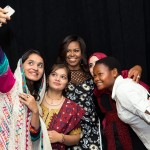
Halima Robert experienced poverty firsthand. After losing her mother when she was 7, Robert and the rest of her family moved in with her widowed grandmother. Life in Machinga, a district in southern Malawi, was hard. A small plot of land located beside a mud-brick house rarely produced enough maize, pumpkins and soy to feed the family. Eggs from a few scrawny chickens did provide some income, but not enough.
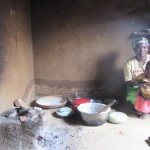
Merifa Muvwera’s caretaking responsibilities include her 3-year-old daughter, who was born with Down syndrome, and her 70-year-old mother-in-law, who is paralyzed from the waist down. Muvwera spends her days supervising, bathing, washing clothes, cleaning, cooking and cultivating food for her family.
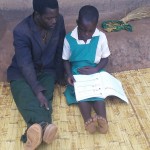
Seven-year-old Bridget Mandalai stood quietly next to her father, Hardwick, waiting patiently as a long line of people trailed behind them. The rainy season was over but winter’s coolness was still far off, and green grass was yielding to the ubiquitous red dust that defines Malawi’s dry season. To pass the time, Bridget bent down, picked up a stick, and started making shapes in a patch of dirt. The shapes turned into letters that turned into words, and her father watched with amazement.
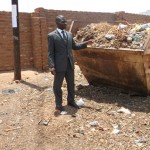
Local government representatives in Malawi are being held accountable for their performance and, since their election last year, things are looking up, at least according to reports from one ward.
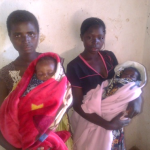
For women in the southern region of Malawi, access to skilled birth attendants is exceptionally difficult. Because the Traditional Authority of Makata has a health center with no maternity wing, pregnant women must travel long distances, often on foot for as long as three hours, to reach the closest birth facility.








Comment
Make a general inquiry or suggest an improvement.